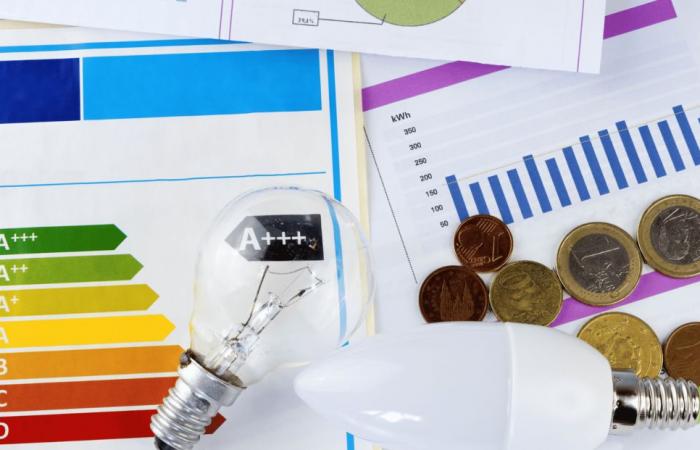THE energy prices in Switzerland experienced a spectacular increase over three years, having a heavy impact on household budgets. If a temporary drop in the cost of heating is observed over one year, the long-term figures show a significant surge in prices, particularly for gas, the wood et remote heating.
In parallel, electricitydespite a stabilization planned for 2025, remains at historically high levels, having increased by almost 50% in two years. Swiss consumers are struggling to reduce their energy costs despite efforts to reduce consumption.
A general increase in energy prices over three years
Over the last three years, almost all energy sources used for heating in Switzerland have seen their prices rise. Gas shows an impressive increase in almost 50%while district heating has experienced a increase of 37%followed closely by wood, whose cost jumped 25%. These increases weigh heavily on household bills, despite overall drop of 14% in heating prices over the last year. Fuel oil, on the other hand, is an exception with a slight decrease over this same period.
The rise in gas prices is particularly striking, fueled by the need to compensate for the loss of Russian supplies. More expensive alternatives were introduced, causing costs to increase significantly. Dirk Renkert, expert at Comparis, emphasizes that this dependence on external suppliers exposes Swiss consumers to high price volatility. Today, gas costs about 40% more than fuel oil and wood pellets.
Electricity, another burden on budgets
At the same time, electricity costs, although relatively stable recently, remain at high levels. In two years, prices have climbed 48%dont 17,8 % over the past year alone. A reduction of 10% is expected in 2025, but current prices continue to represent a significant burden for households. According to data from the comparator Comparis, this energy inflation is added to that of other essential goods. Products such as sugar (+10 %) and certain services, such as postal services (+9 %)further accentuate the financial pressure.
Limited solutions to reduce the bill
Faced with these increases, households are trying to‘adopt cost reduction strategies. Limiting heating to 22 degrees is a solution put forward by experts to reduce bills. However, the impact of these actions remains limited given the scale of the price surge. Despite some declines observed in fuels and certain goods linked to individual transportation, these reductions do not offset the overall increases. The financial pressure on Swiss consumers therefore remains high as winter approaches.






